Sunscreen is Your Skin's Best Friend
Sunscreen is necessary in any skincare routine. It's the first defense against hazardous ultraviolet rays of the sun. These rays are responsible for sunburn and premature aging, more importantly, skin cancer. The regularity and correctness of applying sunscreen can highly reduce the risks of such issues. Most people think that they need sunscreen only on sunny days, or that high SPF offers complete protection. A lot of these myths can result in poor sun protection and higher skin damage. Therefore, it is very important to debunk these misconceptions and understand how sunscreen is applied correctly. But one main question usually asked is this: can we put on sunscreen without moisturizer? This article will delve into this question, establishing why sunscreen is so important and dispelling certain myths about applying sunscreen. It will also offer insights into moisturizers and their role in keeping the skin as healthy as possible.
Skin: Our Body's Protective Shield
Skin Structure and Function
It's more than just a covering; our skin is a complex organ, structured into multiple layers. At the top lies the epidermis, responsible for waterproofing and tone. Underneath lies the dermis, consisting of connective tissue, blood vessels, hair follicles, sebaceous and sweat glands. What these two layers do is protect us from the environment and regulate body temperature while giving sensations like touch and pain.
The Skin's Natural Barrier
The outermost layer of the epidermis is crucial in maintaining skin health. It forms a protective barrier composed of lipids and proteins that help retain moisture, prevent water loss, and shield us from external irritants. A healthy skin barrier is essential for preventing dryness, sensitivity, and other skin issues.
Factors Affecting Skin Hydration
Many factors in our skin either keep it well-moisturized or dry. Dry external elements like humidity, wind, and sun would suck out moisture. On the other side, age, hormonal, and general health are some of the causative agents internally. As one ages, the skin would lose its natural oils; this is a process called dryness.
The Magic of Moisturizer
Moisturizers replace lost moisture in the skin and form a barrier on its surface. Humectants are components that help attract water into the skin, whereas emollients soften and smooth out the skin's appearance by filling in between the skin cells to give it a smooth appearance. Other ingredients for moisturizing belong to a class of agents called occlusives, which seal the moisture in by forming some sort of protective film. Well-hydrated skin will appear plump, glowing, and young. Also, it's much less dry, flaky, and irritating. Besides, regular moisturizing can smooth your skin out, thin fine lines and wrinkles, and even bring about a general improvement to the tone of the skin. Moisturizer acts as a base for sunscreen to lay on so that it spreads evenly and attaches well to the skin, which may help enhance the effectiveness of the sunscreen in shielding your skin from dangerous UV rays.
Can We Apply Sunscreen Without Moisturizer?
Dermatologist’s Perspective
While it’s technically possible to apply sunscreen without moisturizer, most dermatologists recommend using both products for optimal skin health. Sunscreen provides essential protection against harmful UV rays, preventing sunburn, premature aging, and skin cancer. However, it’s important to remember that sunscreen is designed to protect, not hydrate. Skipping moisturizer can lead to dry, flaky skin, especially in drier climates or during colder months. A dehydrated skin barrier can be more susceptible to irritation and damage, including sunburn.
Individuals with very oily skin who struggle with acne breakouts might find that using sunscreen alone works for them. However, it’s essential to monitor your skin's response and adjust your routine if necessary.
Conclusion
Yes, you can, but most dermatologists would suggest using both for good health. The moisturizer gives a hydrated base for the sunscreen to hold on to, thereby working more effectively. But if one has extremely oily skin, then just sunscreen may suffice. Always ensure that you choose a broad-spectrum sunscreen with an SPF of 30 and above. Sunscreen for oily skin dermatologists recommends is lightweight and oil-free. Keep in mind that you should always protect your skin from the sun. Better yet, you need to know how to apply sunscreen on face about the quantity of a quarter and apply it evenly. Reapply all over every two hours, or more frequently if in the water. By integrating both moisturizer and sunscreen into your daily skincare routine, you can not only protect your skin against harmful rays but also make it healthy and radiant.


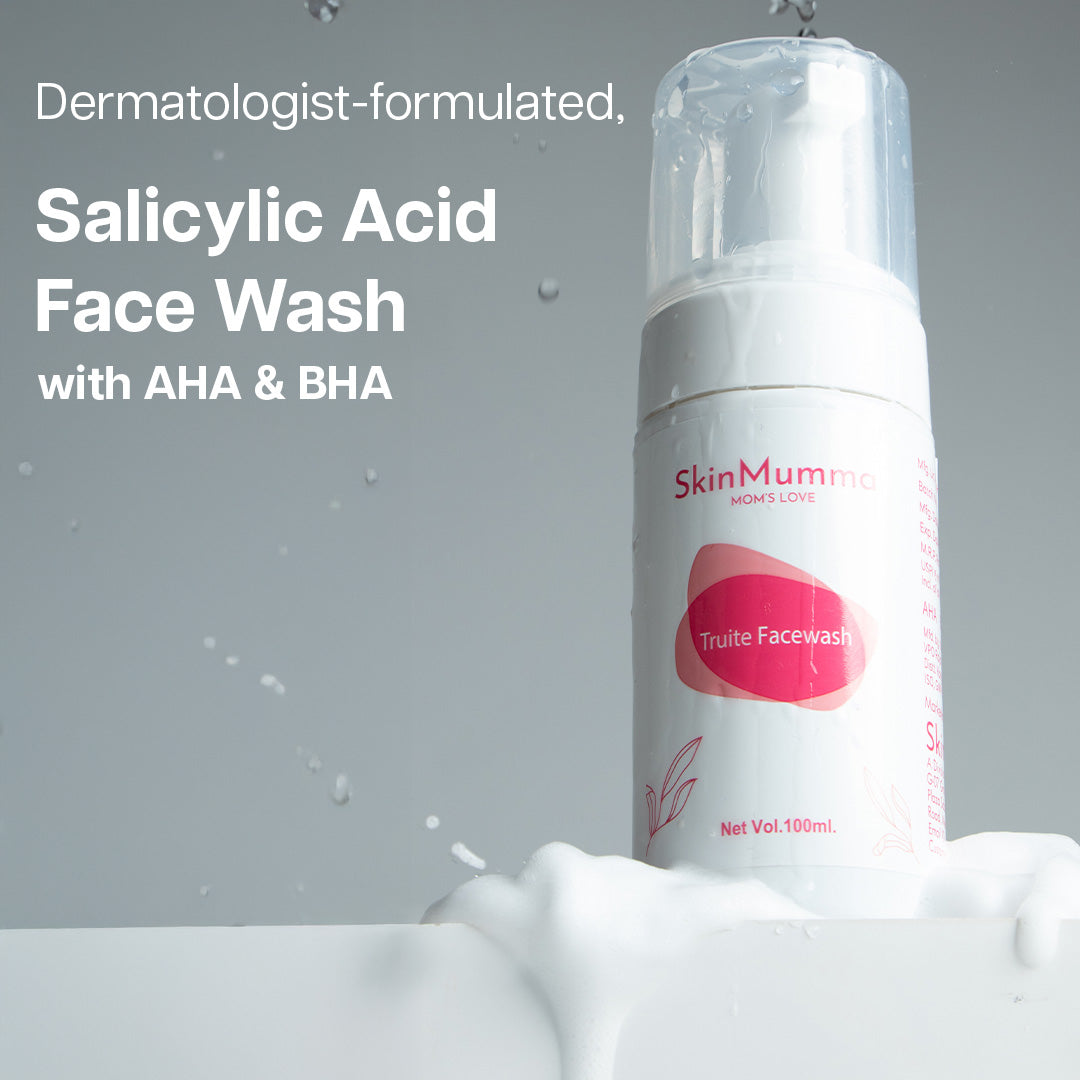
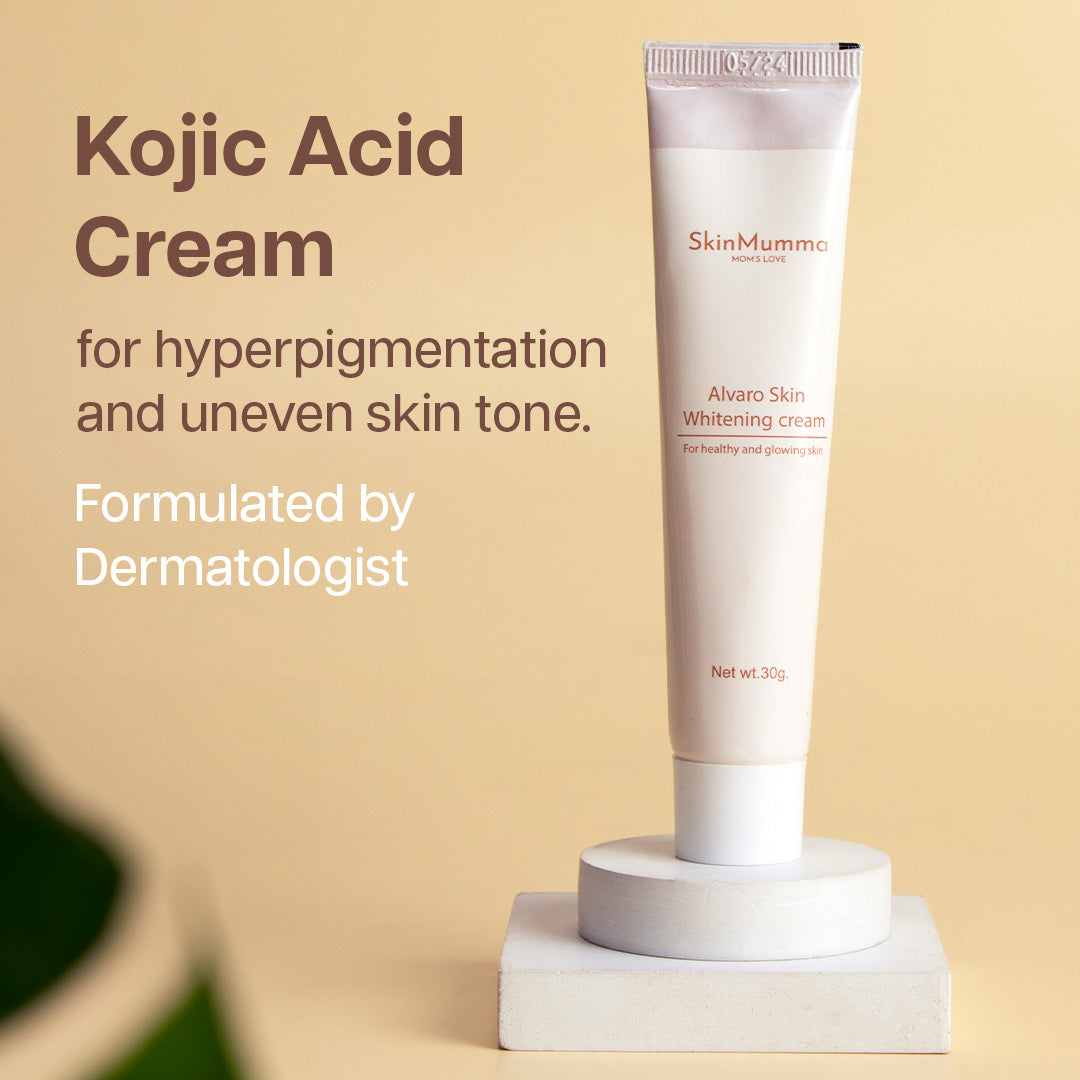
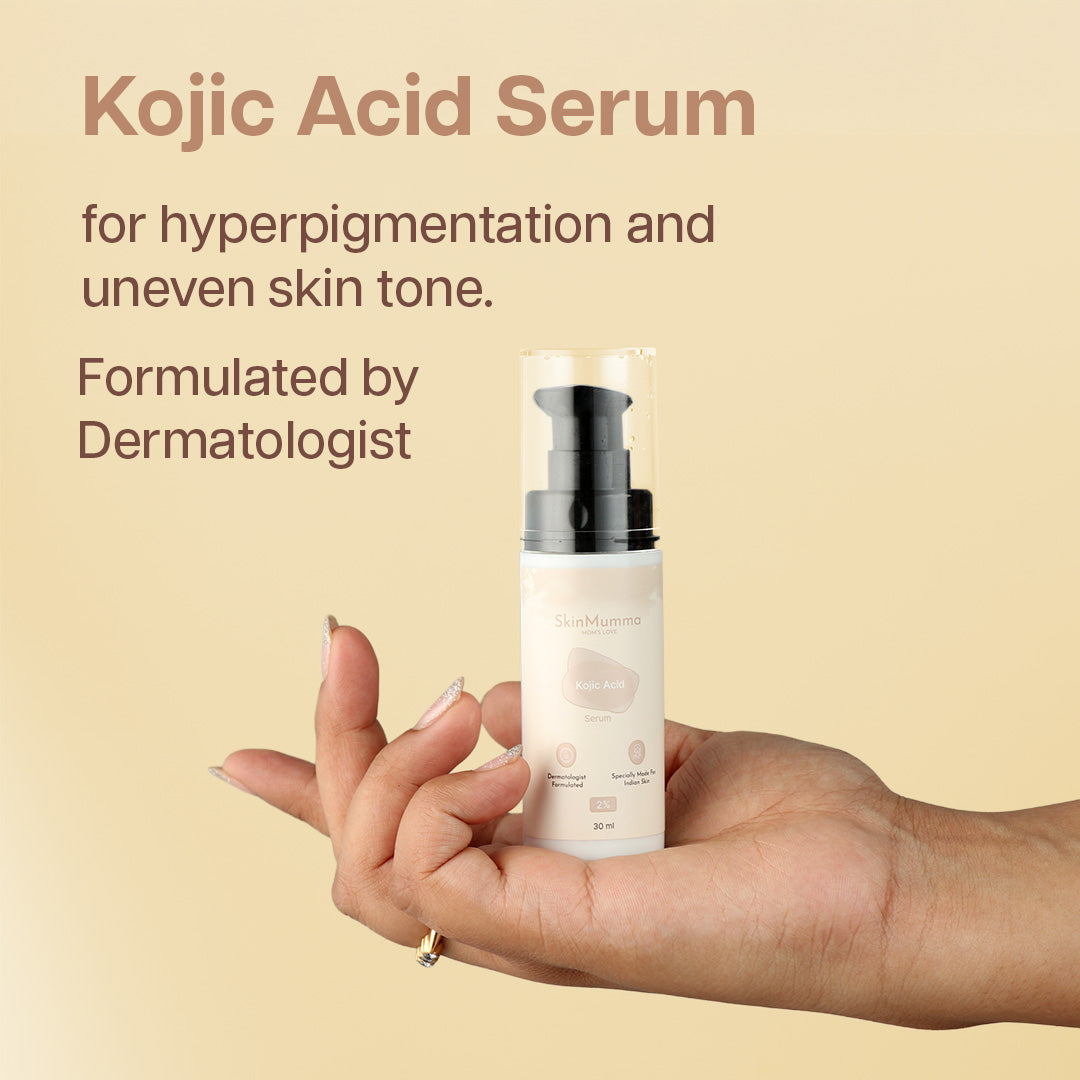
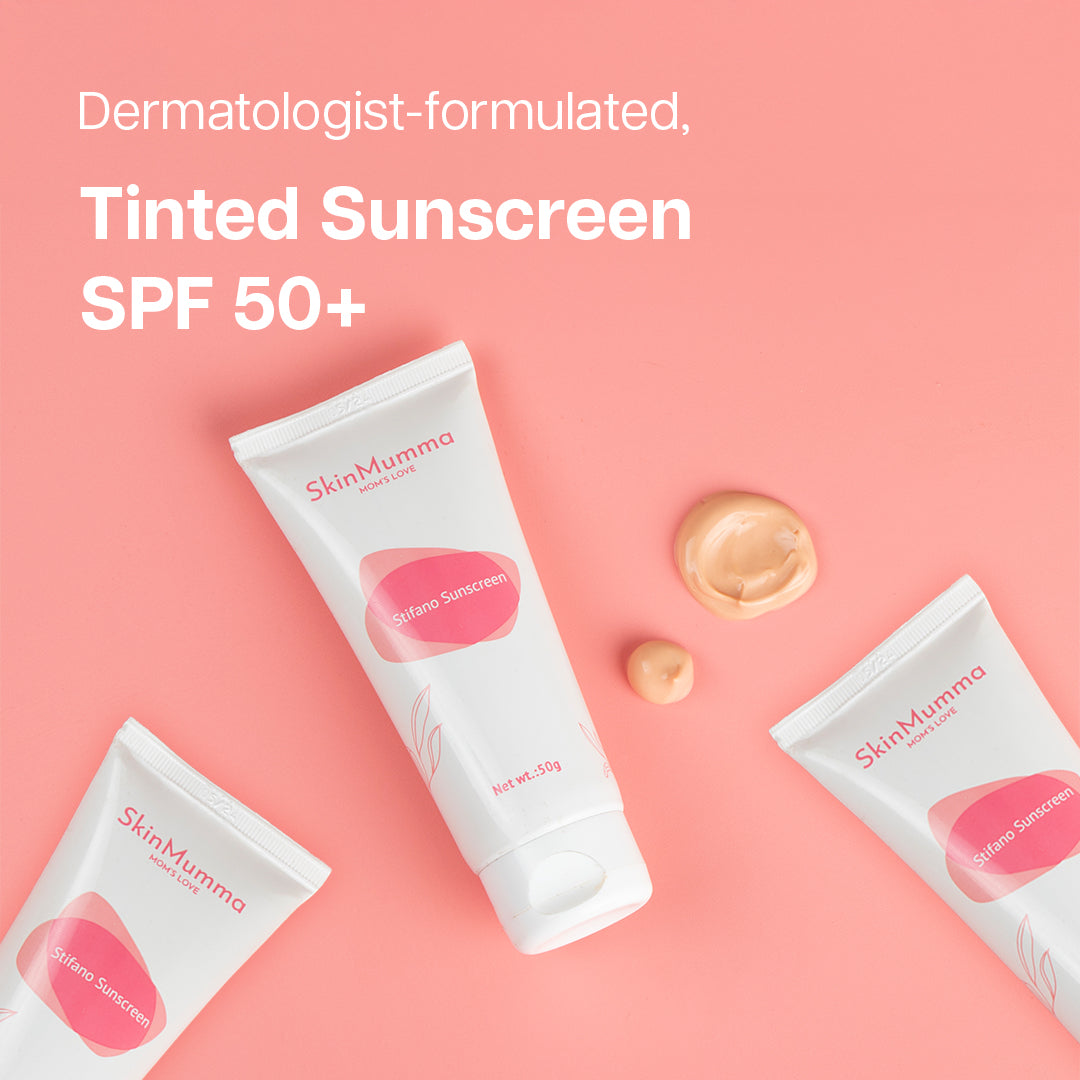
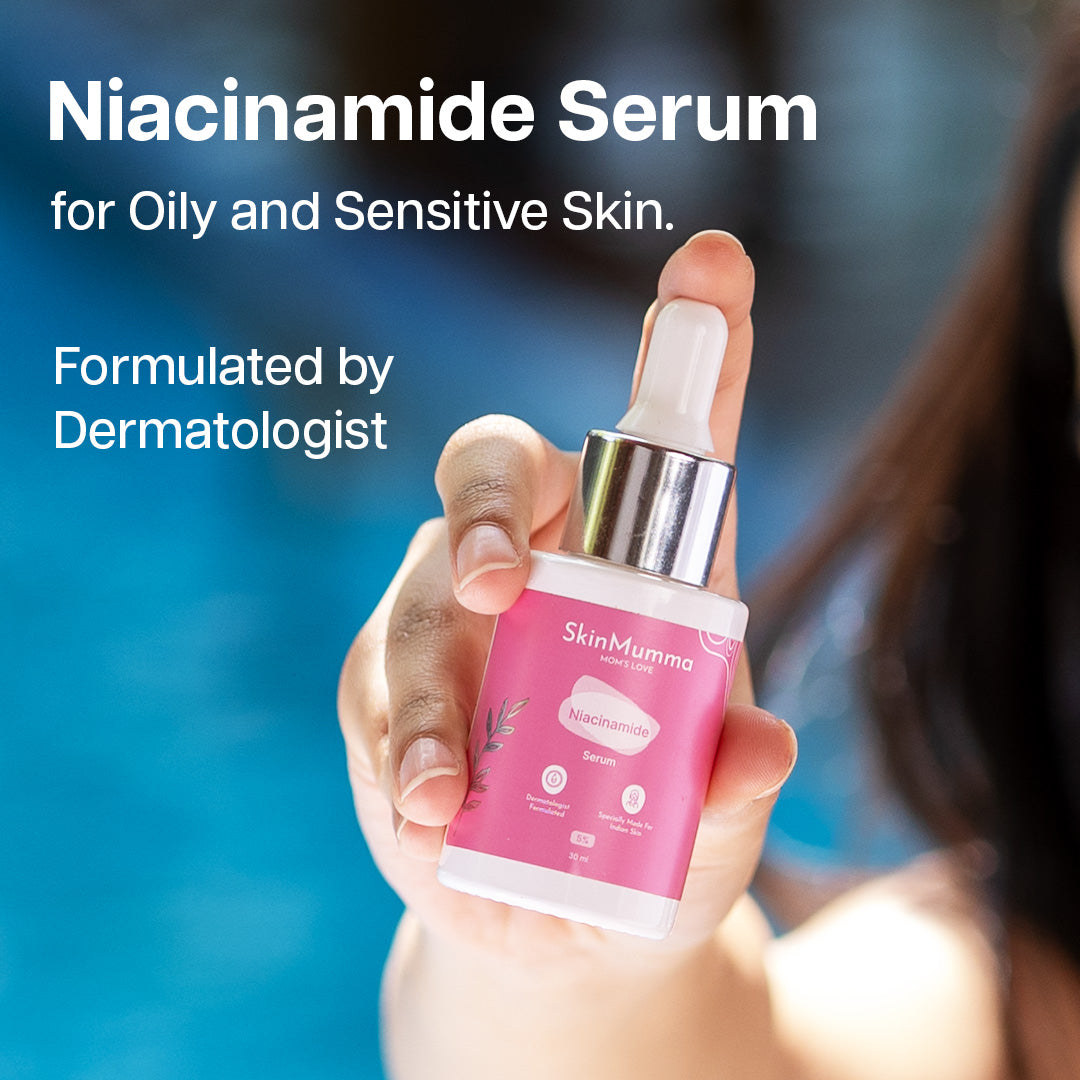
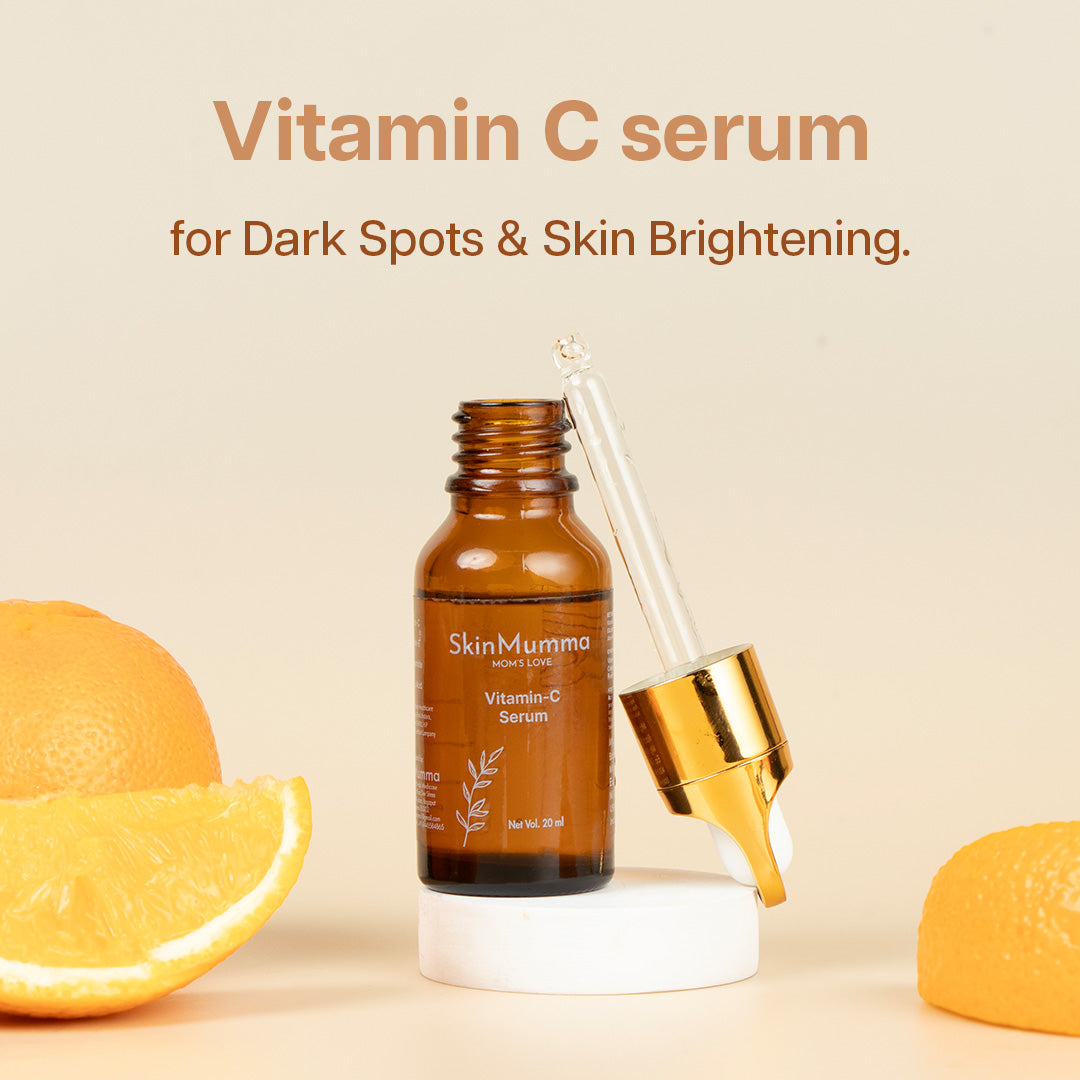




Dr Manisha Bindal is the senior dermatologist and laser skin expert with more than 25 yrs of experience in clinical practice. She has to her credit various advanced skin care procedures and Laser skin treatment protocols including chemical peels, fillers, threads and injections. You can trust the expert hands for any skin or hair related problems or any procedure if need be.